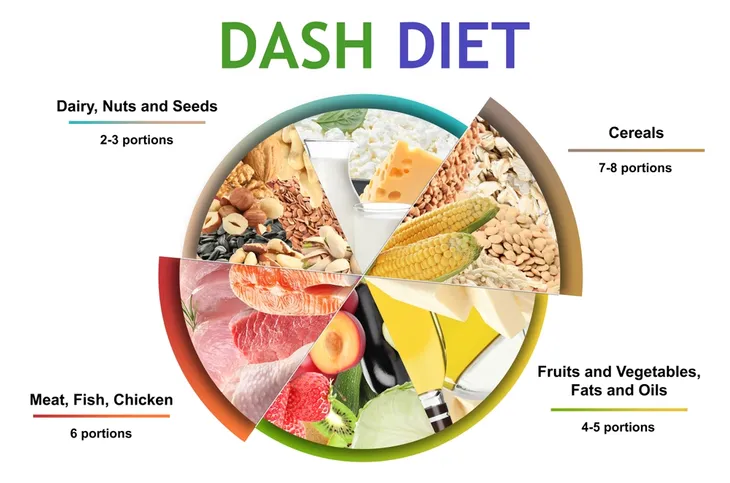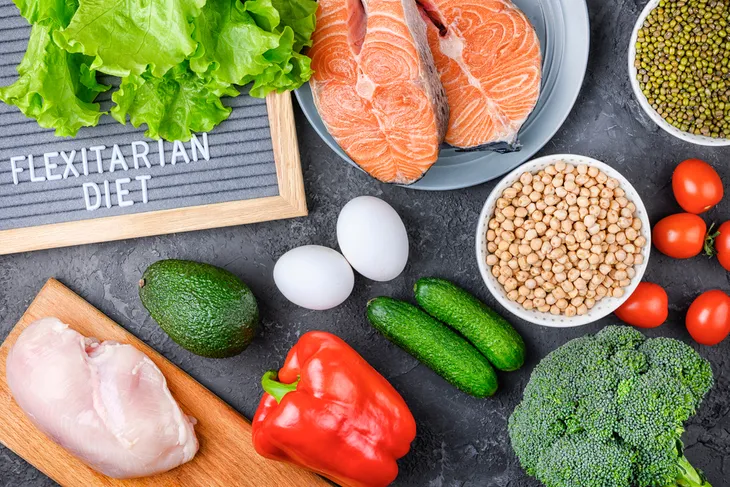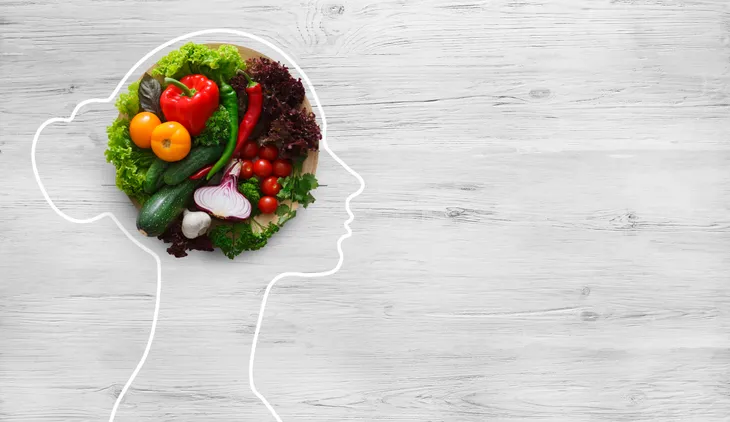Losing weight is challenging and unfortunately, there is no quick fix. While there are plenty of products that promise to help us lose weight, the reality is, it requires a lifestyle change. Being active is important for healthy living, but diet is a much more effective tool for weight loss.
People interested in managing their weight and improving overall health should check out the U.S. News & World Report‘s annual rankings of the best diet plans. These science-backed diets have been reviewed and rated by a panel of leading medical and nutrition experts based on healthiness, safety, ease of following, and promoting a healthy, sustainable lifestyle. According to the experts, these are the 5 best diet plans of 2023…
Mediterranean Diet
For the fourth year in a row, the Mediterranean diet ranks as the best overall diet. Based off the traditional eating in countries that border the Mediterranean Sea, it includes many different types of foods. It advises eating lots of fruits and vegetables while also incorporating whole grains, beans, nuts, seafood, lean poultry, and healthy fats. Eat eggs, cheese, and red meat in moderation, as well as the odd glass of red wine.
Not only does it provide numerous health benefits, from reducing the risk of chronic conditions, it can also aid with weight loss, promote longer lifespan, and a higher quality of life. It has also proven to be a more sustainable diet. For example, a British study found people who lost a large amount of weight and ate this diet were twice as likely to keep it off.
DASH Diet
The Dietary Approaches to stop Hypertension (DASH) diet came in second place with a score of 4.4 out of 5. Promoted by the National Heart, Lung and Blood Institute (NIH), the DASH diet is flexible, balanced and of course, heart healthy. It’s designed to help control blood pressure naturally by eating fruits, vegetables, whole grains, and low-fat or nonfat dairy products.
This diet puts limits on saturated fats, full-fat dairy products, sodium, and dietary cholesterol. The DASH diet has the ability to not only lower blood pressure and improve overall health, but if people limit their calories, they can also lose weight.
Flexitarian Diet
People who are intrigued by a vegetarian diet but can’t full commit might like the Flexitarian diet. It actually tied for second place alongside the DASH diet. The Flexitarian diet is a very pro-plant diet, but (as the name suggests) it allows a bit of flexibility. You don’t have to completely abandon animal products.
This diet puts major emphasis on fresh fruits and veggies, whole grains or plant-based pasta and rice, and plant-based proteins. You’ll also eat lots of healthy fats, nuts and seeds, while limiting highly processed foods and meat products. Essentially, eat like a vegetarian most of the time, and on special occasions enjoy a burger or steak.
According to the U.S. News & World Report, studies show eating less meat and more plants can improve overall health by lowering the rate of heart disease, diabetes, and cancer.
MIND Diet
MIND (Mediterranean-DASH Intervention for Neurodegenerative Delay) diet is actually a combination of the DASH and Mediterranean diets. Ranking in fourth place it focuses on foods that can boost brain health. The goal is to reduce the risk of Alzheimer’s disease and mental decline, explains Prevention.
The diet was created by the late Martha Clare Morris, a nutritional epidemiologist at Rush University Medical Center. MIND is low in carbohydrates and focuses on brain-healthy foods, such as leafy greens, healthy fats, and high-fiber foods. Of course, it also expects people to avoid foods that are bad for the brain, such as butter. It has great results with research showing a lowered risk of Alzheimer’s disease by up to 53-percent in participants who followed it well.
TLC Diet
In fifth place is the TLC (Therapeutic Lifestyle Change) diet, also created by the NIH to improve cholesterol and encourage more heart-healthy eating. This means eating more fruits and vegetables, lean meats, whole grain pasta, bread and cereal. It places limits on saturated fats, trans fats, and cholesterol.
The diet works by limiting meat consumption (5-ounces or less a day) with only skinless chicken, turkey, or fish. You will eat two to three servings of low-fat or nonfat dairy a day, four servings of fruit, three to five servings of vegetables daily, as well as 11 servings a day of whole grains.
Unlike some of the other diets on this list, exercise is a key component. To maintain a healthy weight, people should exercise regularly, aiming for 30-minutes per day.








